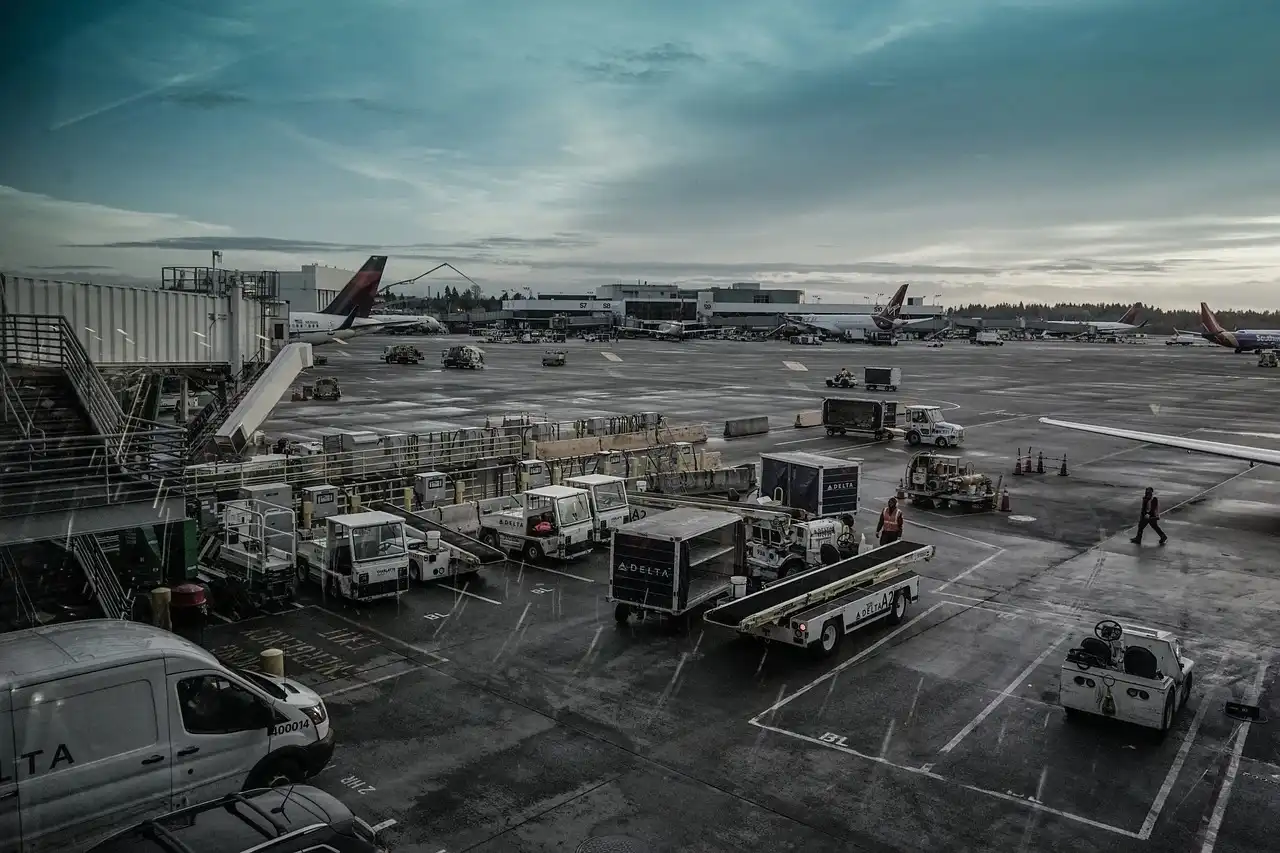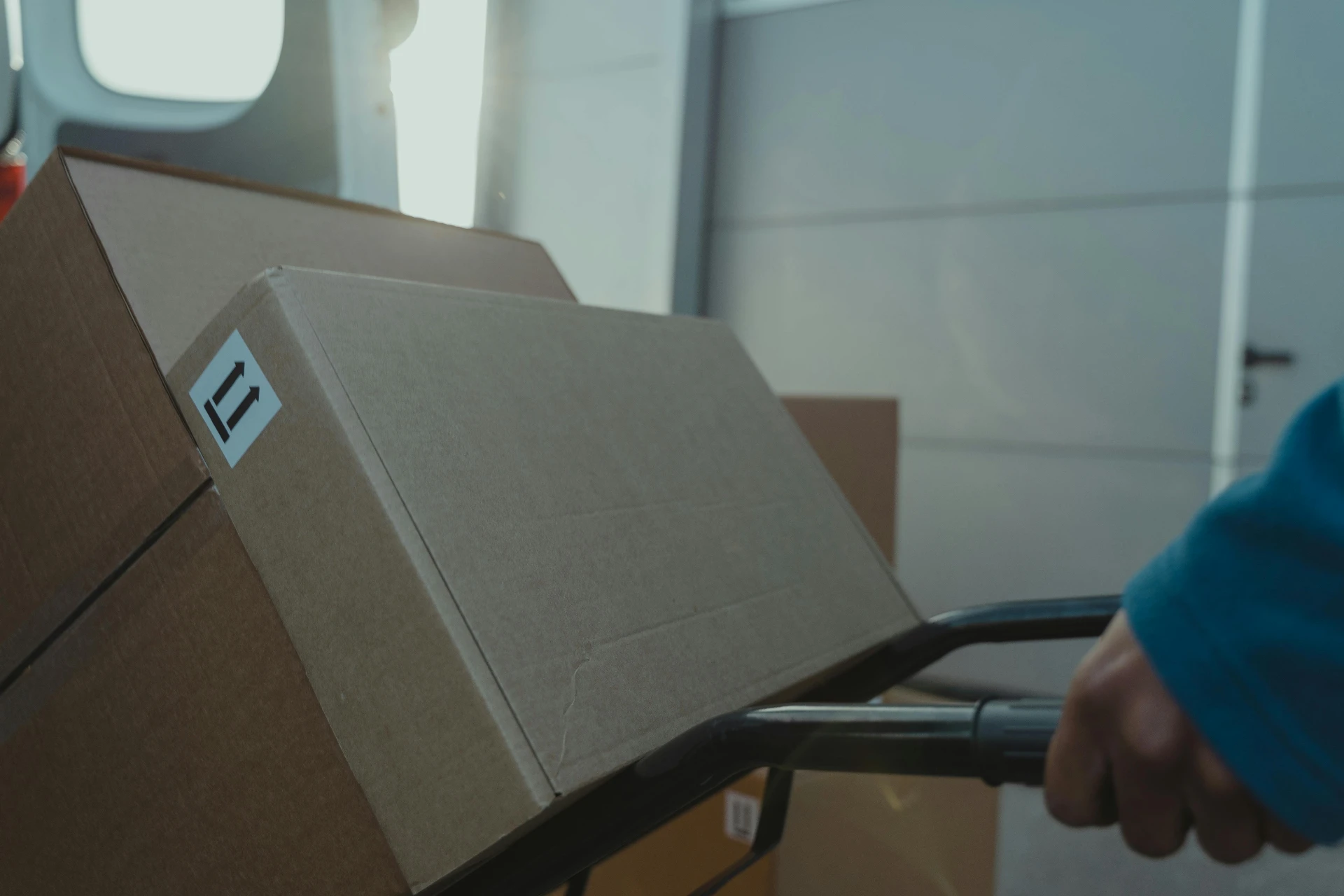


Okay, space is officially an export zone. Why? Because Earthlings are zipping through it on a giant spinning ball we call home and haven’t exactly slapped a “Property of Earth” sticker on it. Also, legal buzzkill alert: international law only gives countries jurisdiction for a few measly miles above their land. Horizontally, it’s 12 nautical miles of ocean for the U.S. (hello, territorial waters). Vertically? That’s a sky-high 62 miles—a.k.a. the Kármán line. Beyond that? Welcome to the free-for-all we call outer space.
But here’s where it gets spicy: U.S. Customs, the Bureau of Industry and Security (BIS), the FAA, and Uncle Sam’s gang of acronyms care. A lot. Why? Because when rockets and satellites blast off, it’s not just science fiction. It’s serious business—logistics-style.
Here’s a fun tidbit to blow your mind: every time a rocket exits U.S. airspace, it’s an export. Yep, that payload hitching a ride to low Earth orbit (LEO) or medium Earth orbit (MEO)? It’s officially cargo. Doesn’t matter if it’s a satellite, space laser, or Elon’s personal mixtape—if it’s leaving, it’s regulated.
When importing stuff—say, car parts or gadgets—U.S. Customs slaps on duties and tariffs. You’ve probably heard of the infamous Trump Tariffs. Agencies like the USDA, FDA, and FCC also have their noses in everyone’s business to make sure imports don’t explode, poison us, or crash our Wi-Fi.
On the flip side, exporting goods brings in even more players: BIS, Commerce Department, TSA, and the FAA (to name a few). Why? To make sure super-secret tech doesn’t end up in shady hands. Weapons? Bad. Dual-use tech (read: cool stuff that could also blow stuff up)? Extra bad.
Back to rockets and satellites. They’re not just space-age gizmos; they’re classified as high-tech exports. And you better believe the government is watching. That means licenses, paperwork, and yes, Customs declarations. Oh, and if your satellite’s made of imported parts? Duty drawback time—a fancy way of saying “Hey, can I get a refund for that import duty?”
But wait, there’s more. SpaceX often launches foreign-owned satellites, which technically enter the U.S. under bond—a customs loophole that keeps them from mingling with the local economy before blasting off again. Customs’ job? Make sure those satellites GTFO as planned.
Most stuff launched into orbit doesn’t come back. It burns up on reentry. But SpaceX’s reusable boosters? Different story. When they land on ocean vessels, Customs steps in. As private space travel booms, questions arise: What happens if asteroid mining becomes a thing? Are space rocks duty-free? And will the tariff schedule need a line for “extraterrestrial platinum”?
Side note: most stuff coming back to Earth is… people. Space tourists are a thing now. Imagine a future with interstellar passport control—“Welcome to Earth! Please declare any alien souvenirs.”
The International Space Station (ISS) is on its farewell tour, and private companies are building replacements. Translation: more launches, more private ownership, and fewer government exemptions. But regulation’s slow crawl means weird loopholes still exist. Case in point: companies like Temu and Shein are importing junk duty-free under De Minimis exemptions (goods under $800). They are not just taking advantage of tariff and duty-free imports, they are almost entirely sidestepping 50 years of consumer safety regulation (De Minimis imports are not regulated by almost any government agency). Now imagine them launching orbital warehouses and using parachutes to drop packages into your backyard—“free shipping” takes on a whole new meaning. We’re hoping Messrs. Trump, Musk, and Jamieson Greer will prevent this dystopian farce from materializing.
The space economy is blowing up—figuratively (and sometimes literally). Whether it’s customs duties on moon rocks or ISS replacement parts, regulators better buckle up. This ride’s going interstellar.

Freight Right leads in LAX customs brokerage, managing over 100K tons of air cargo annually. Discover our role in LAX’s cargo efficiency and compliance.

Direct-to-consumer merchants selling oversized goods domestically and internationally have a unique set of logistical and pricing challenges. Freight Right's CEO Robert Khachatryan discusses those challenges on Ticker News Australia.

Do you really need multiple customs brokers? Find out how a single freight forwarding and customs brokerage provider saves you time and money.

Freight Right CEO Robert Khachatryan joins the E-commerce Coffee Break podcast to share insights on shipping large, heavy, and high-value goods internationally, avoiding hidden costs, and expanding into 45+ markets without a local presence.

On April 24th, The US Department of Homeland Security and US Customs & Border Protection have released new guidance around the end of the US' de minimis exception. See the changes ahead for importers and customs professionals.

Learn the top 2 reasons for eCommerce cart abandonment—high shipping costs and slow delivery—and discover actionable strategies to reduce lost sales and boost conversions.

Big and bulky fulfillment doesn’t have to block global growth. Learn how ecommerce brands can ship oversized products internationally with real-time freight rates, duty-paid delivery, and zero foreign inventory.

This two-day event highlighted integral information about technological advancements for freight-forwarders.

President Trump issues Executive Order to stop overlapping tariffs on imports under national security and trade actions, ensuring duty rates remain targeted and non-cumulative. Effective retroactively from March 4, 2025.

Ocean freight rates from China to USWC have hit a breakeven low of $1,450 per container. As the Chinese New Year halts Asian manufacturing, explore why rates are falling, the impact of late-week bookings, and the outlook for March contract negotiation.